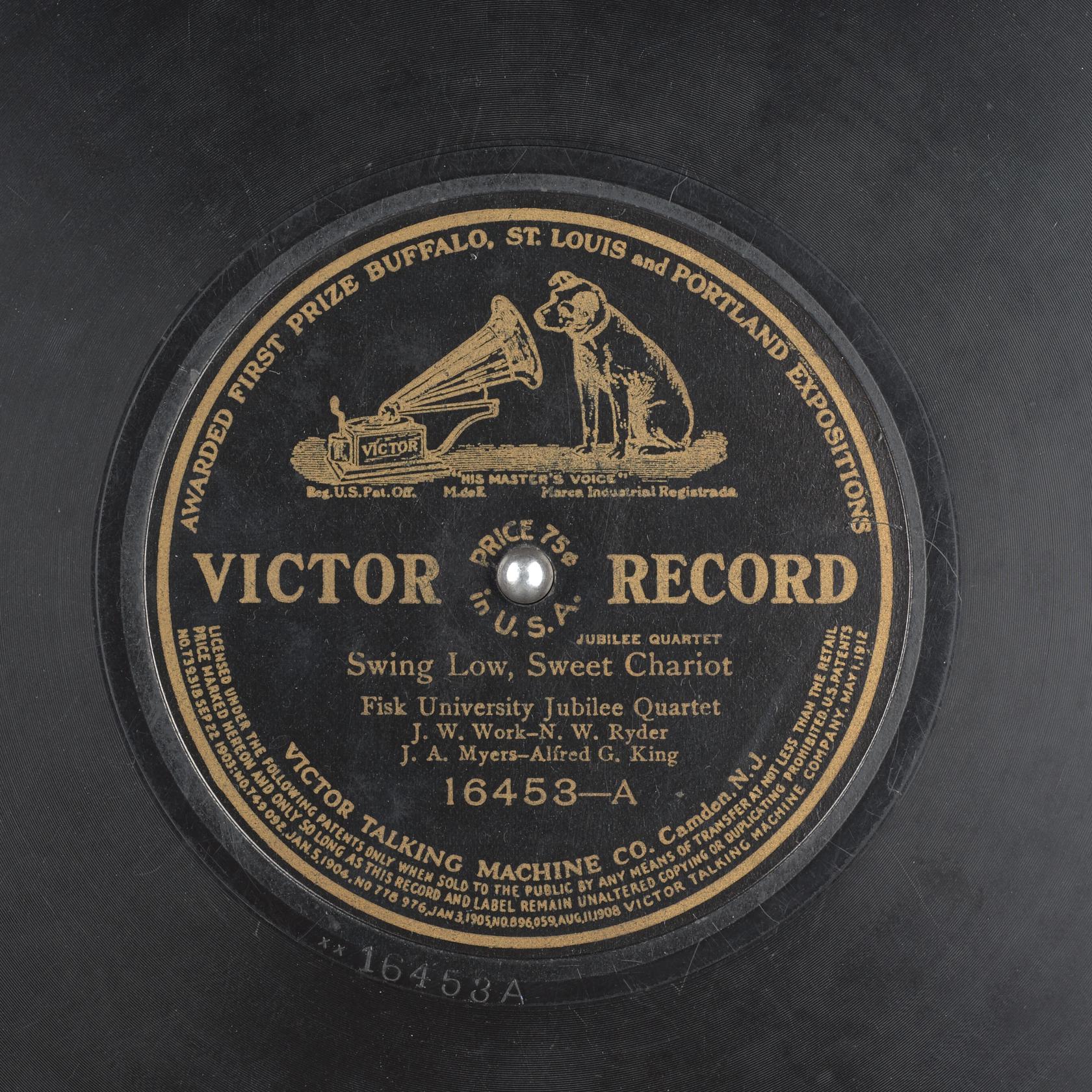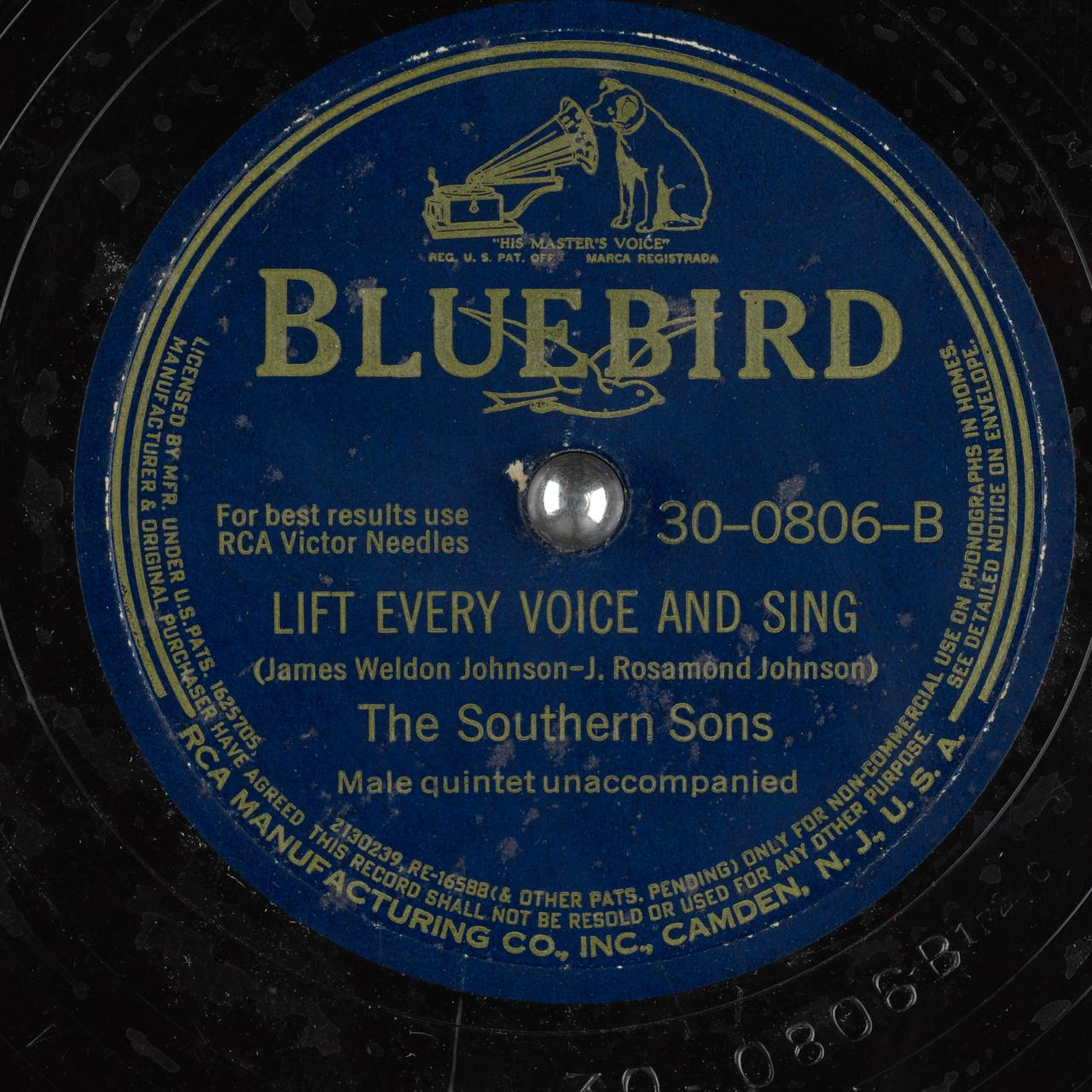Sing, Sing Loud!
Swing Low, Sweet Chariot (1840)
Written in 1840, “Swing Low, Sweet Chariot” was considered a code song for enslaved people who were escaping through The Underground Railroad. The Underground Railroad was neither underground nor a railroad, but rather an escape system that involved strategic planning and mapping of “safe houses.” Because of this song’s coded language, those who weren’t part of the African-American struggle did not deem the song to be of significance. As a result, during this time, music became “the greatest single outlet for the expression of the Negro folk-mind” (Lawrence W. Levine, 63). It became the outlet of their verbal freedom and liberated black consciousness through times of struggle.
Lyrics
Swing low, sweet chariot
Coming for to carry me home
Coming for to carry me home
I looked over Jordan, and what did I see
Coming for to carry me home
A band of angels coming after me
Coming for to carry me home
...If you get there before I do
Coming for to carry me home
Tell all my friends I'm coming, too
Coming for to carry me home...
Translation
Come down to us down south, The Underground Railroad,
Come and bring me up north
Come down to us down south, The Underground Railroad,
Come and bring me up north
I look over the Mississippi River and look what I saw
Coming for me
It was the Underground Railroad workers
To bring me to heaven (up north)
If you get there before me,
Come and bring me up north
Tell my friends, I’ll be there too
Come and bring me up north
Lift Every Voice and Sing (1900)
Comparing this song to a song written in 1900 by James Weldon Johnson, J. Rosamond Johnson, and The Southern Sons called “Lift Every Voice and Sing” the tone of hopefulness and perseverance is sustained. It was also known as the “Black National Anthem” for many reasons.
Lyrics
Lift every voice and sing,
Till earth and heaven ring,
Ring with the harmonies of Liberty
Let our rejoicing rise
High as the list’ning skies,
Let it resound loud as the rolling sea.
Sing a song full of the faith that the dark past has taught us,
Sing a song full of the hope that the present has brought us
Facing the rising sun of our new day begun,
Let us march on till victory is won.
Stony the road we trod,
Bitter the chast’ning rod,
Felt in the days when hope unborn had died
Yet with a steady beat,
Have not our weary feet
Come to the place for which our fathers sighed?
We have come over a way that with tears has been watered.
We have come, treading our path through the blood of the slaughtered,
Out from the gloomy past,
Till now we stand at last
Where the white gleam of our bright star is cast.
God of our weary years,
God of our silent tears,
Thou who hast brought us thus far on the way;
Thou who hast by Thy might,
Led us into the light,
Keep us forever in the path, we pray.
Lest our feet stray from the places, our God, where we met Thee,
Lest our hearts, drunk with the wine of the world, we forget Thee
Shadowed beneath Thy hand,
May we forever stand,
True to our God,
True to our native land.
In a nutshell, this song spoke to the souls of black folks during the Jim Crow Era about the ongoing fight for freedom. It tells them to “Sing a song full of the faith that the dark past has taught us, Sing a song full of the hope that the present has brought us;” which can be translated as being able to use the hardships of one’s path to fuel one’s prospect of hope and freedom in the present. This includes black men and women who are constantly under the pressures of white supremacy even after slavery had been “abolished.” It was deemed as the “Black National Anthem” for this reason. Each passing line lifts every voice to sing a little louder. It reminds Black Americans to keep fighting.

